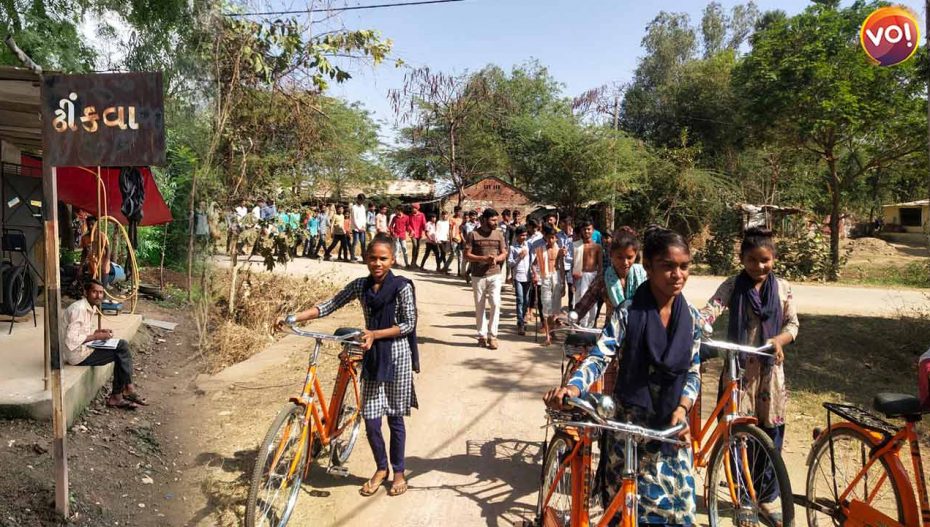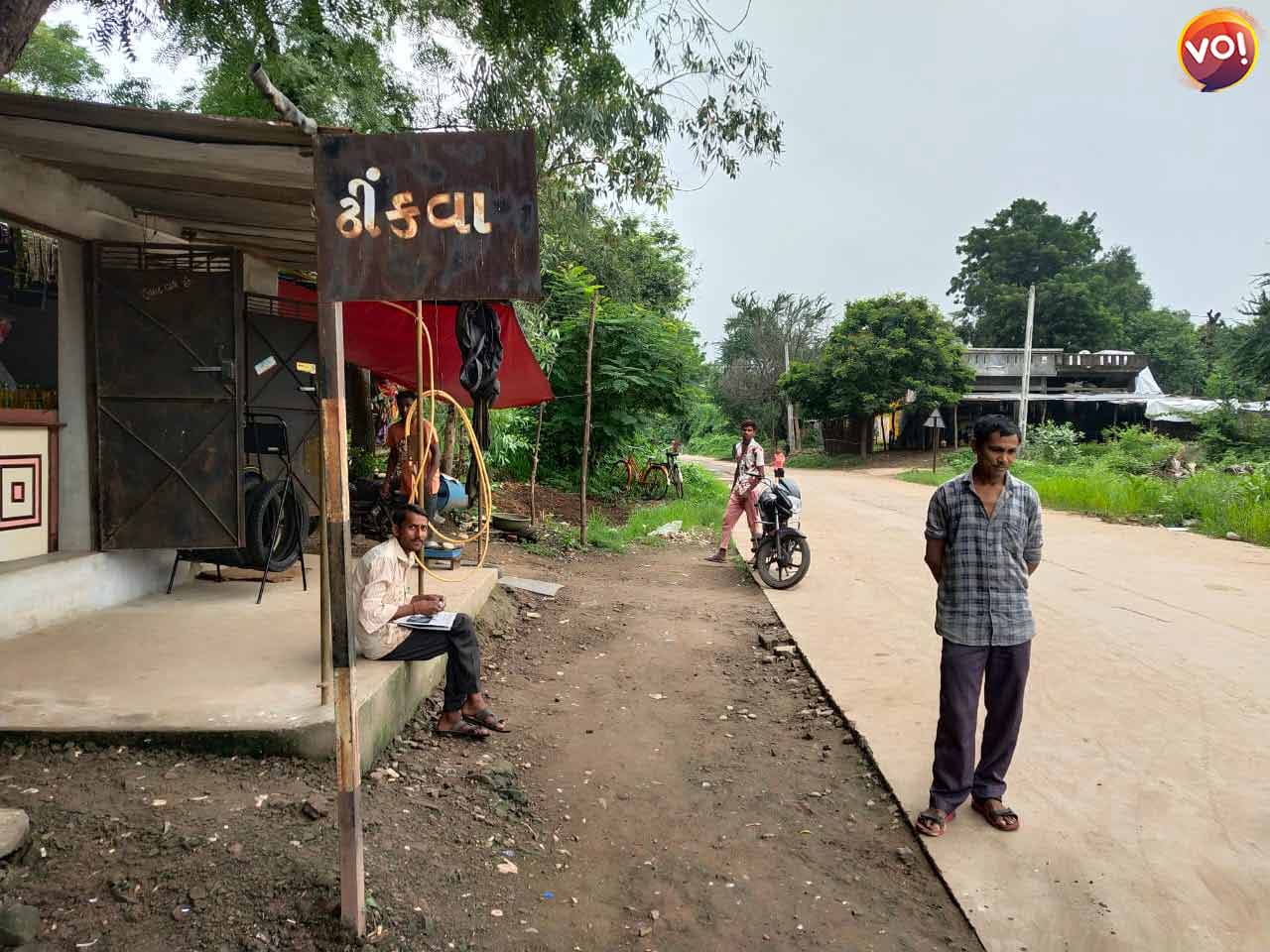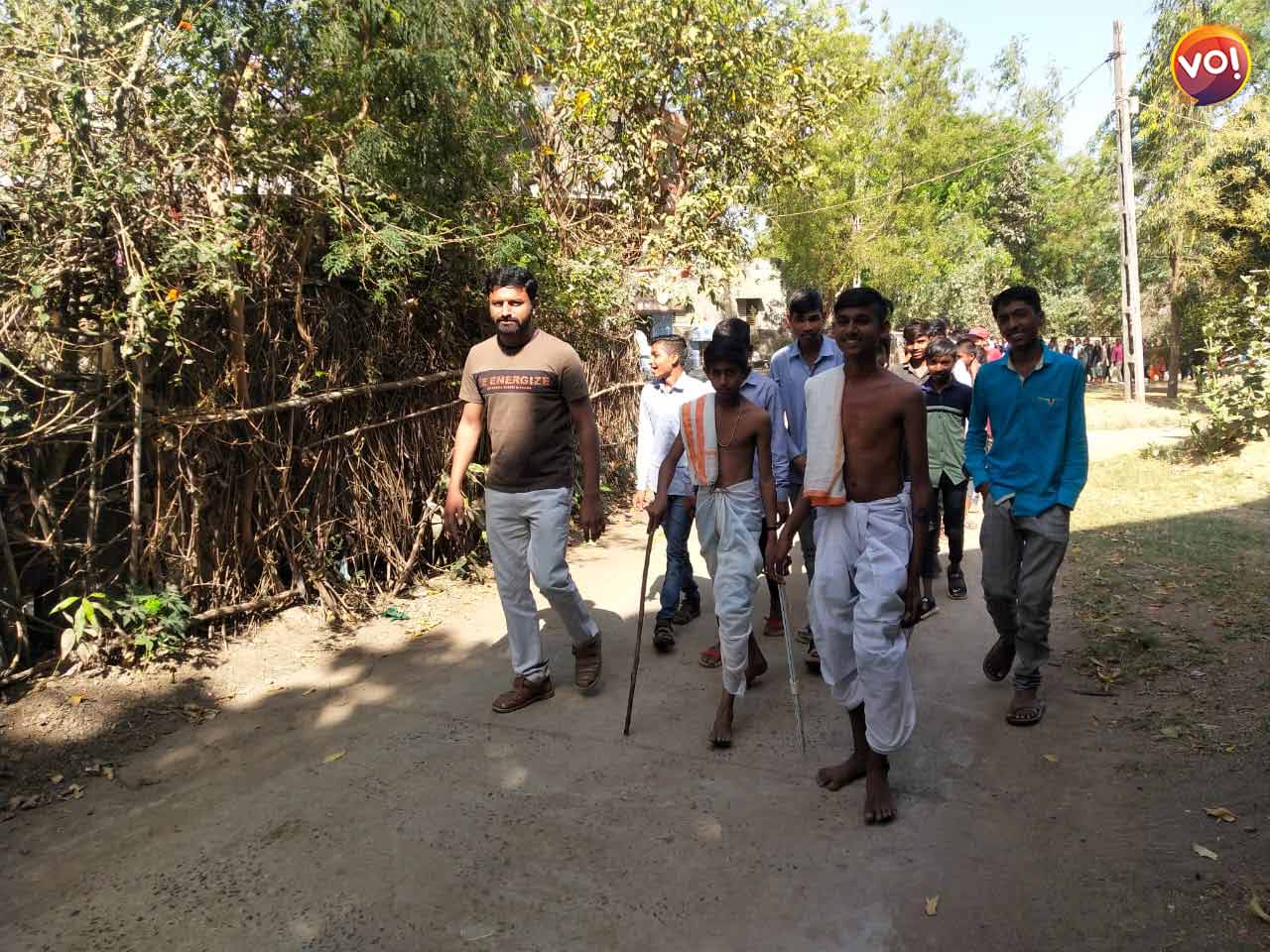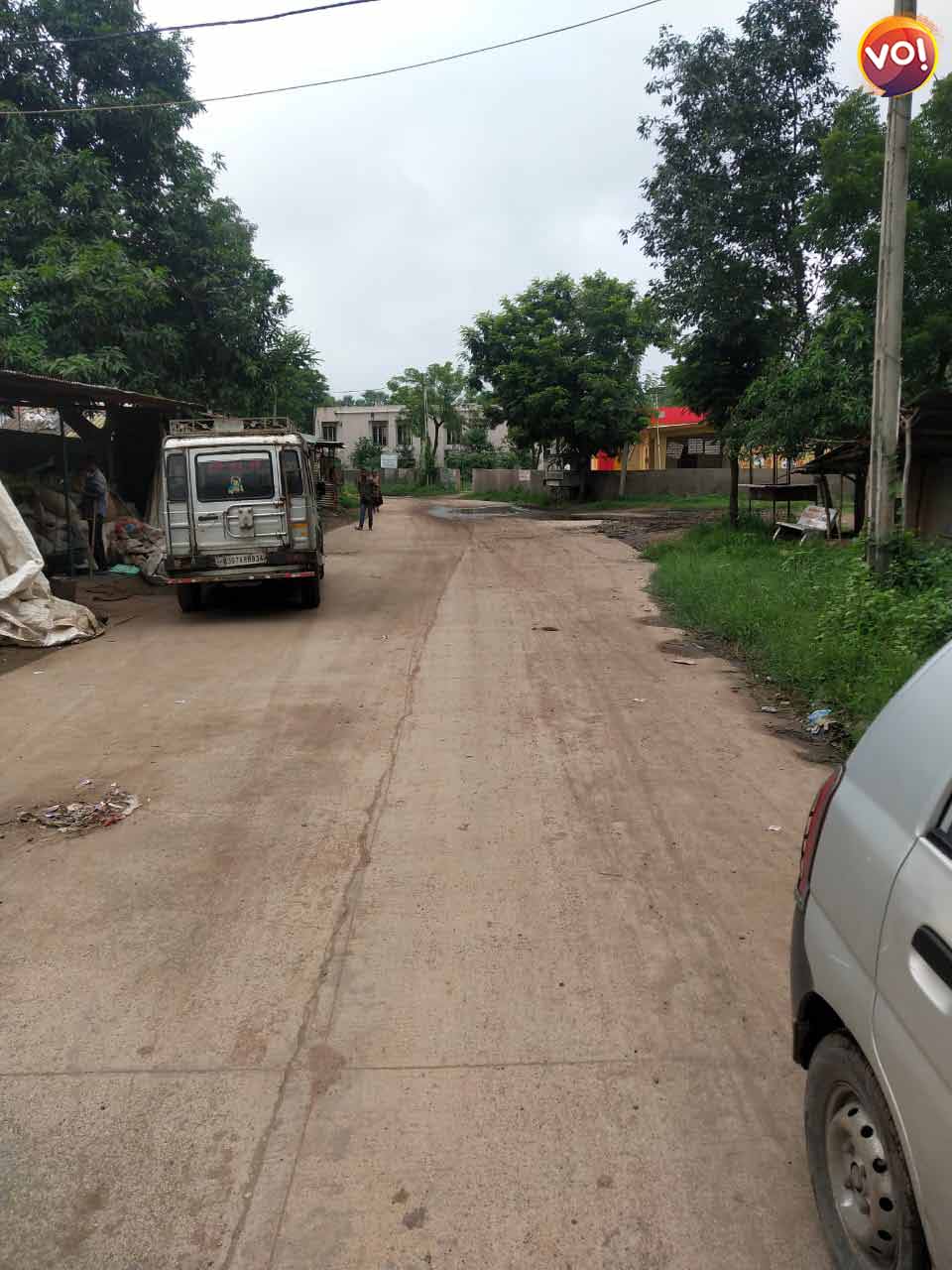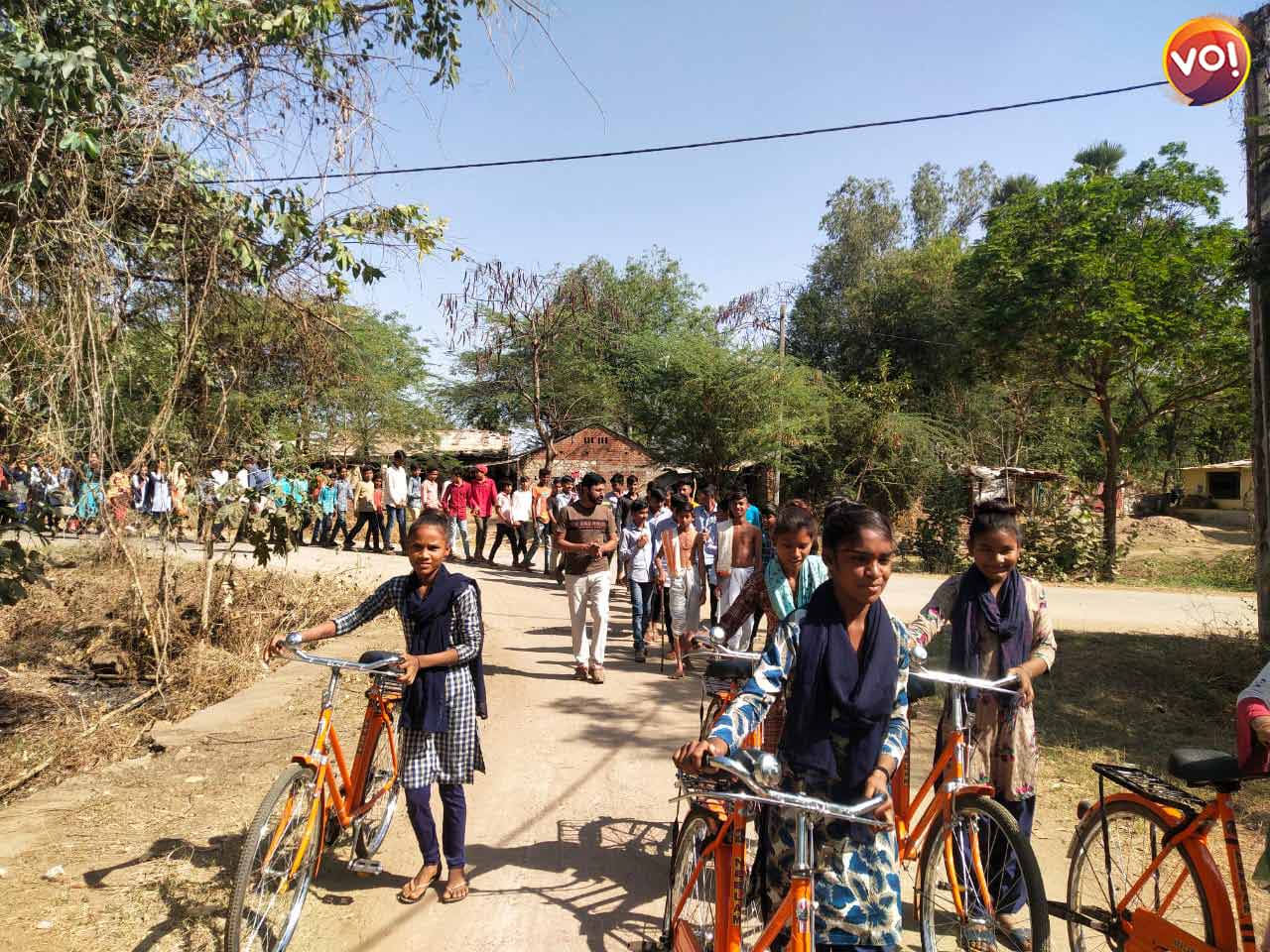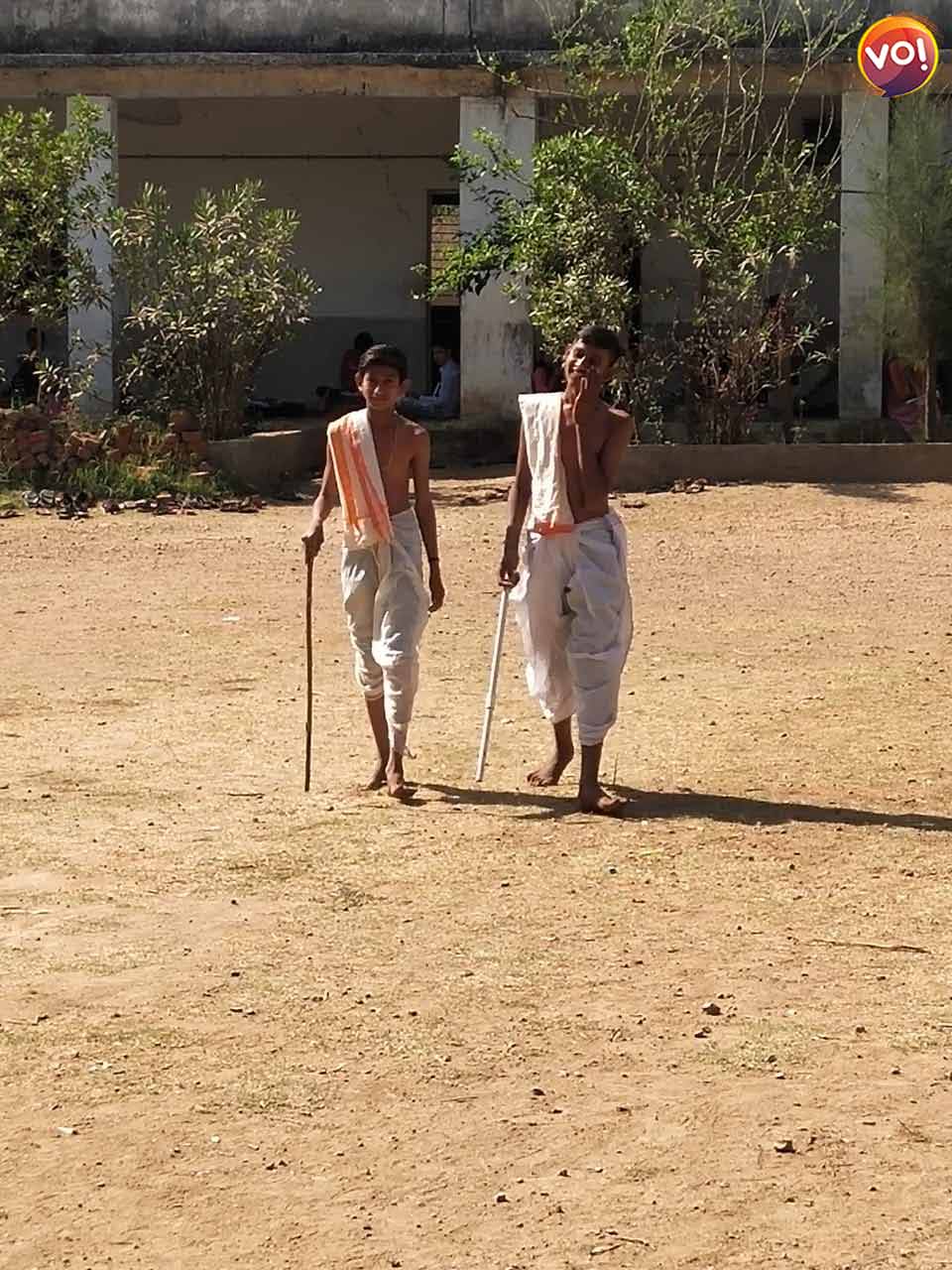Even eight years ago, Dhinkwa was a hotbed of hooch consumption, poverty and low-level jobs such as sanitation workers or daily wagers drove the rural folk to seek relief in the spurious indulgence. The closest potable water outlet was three kilometres away and women walked the distance on a daily basis. Reports suggest that the tiny hamlet was home to nearly eight liquor vending sites and the number of widows was on a constant rise.
All thanks to proactive steps taken by the state government, the Home department, in particular, this village in the Panchmahal district is now nearly rid of its liquor curse. Turning a new leaf, Dhinkwa village in Halol taluka, in fact, is now high on development and employment generation. The village was constituted as a panchayat in 1956 and has a population of 5,000. It is situated 174 km from Gandhinagar, close to the religious site, Pavagadh.
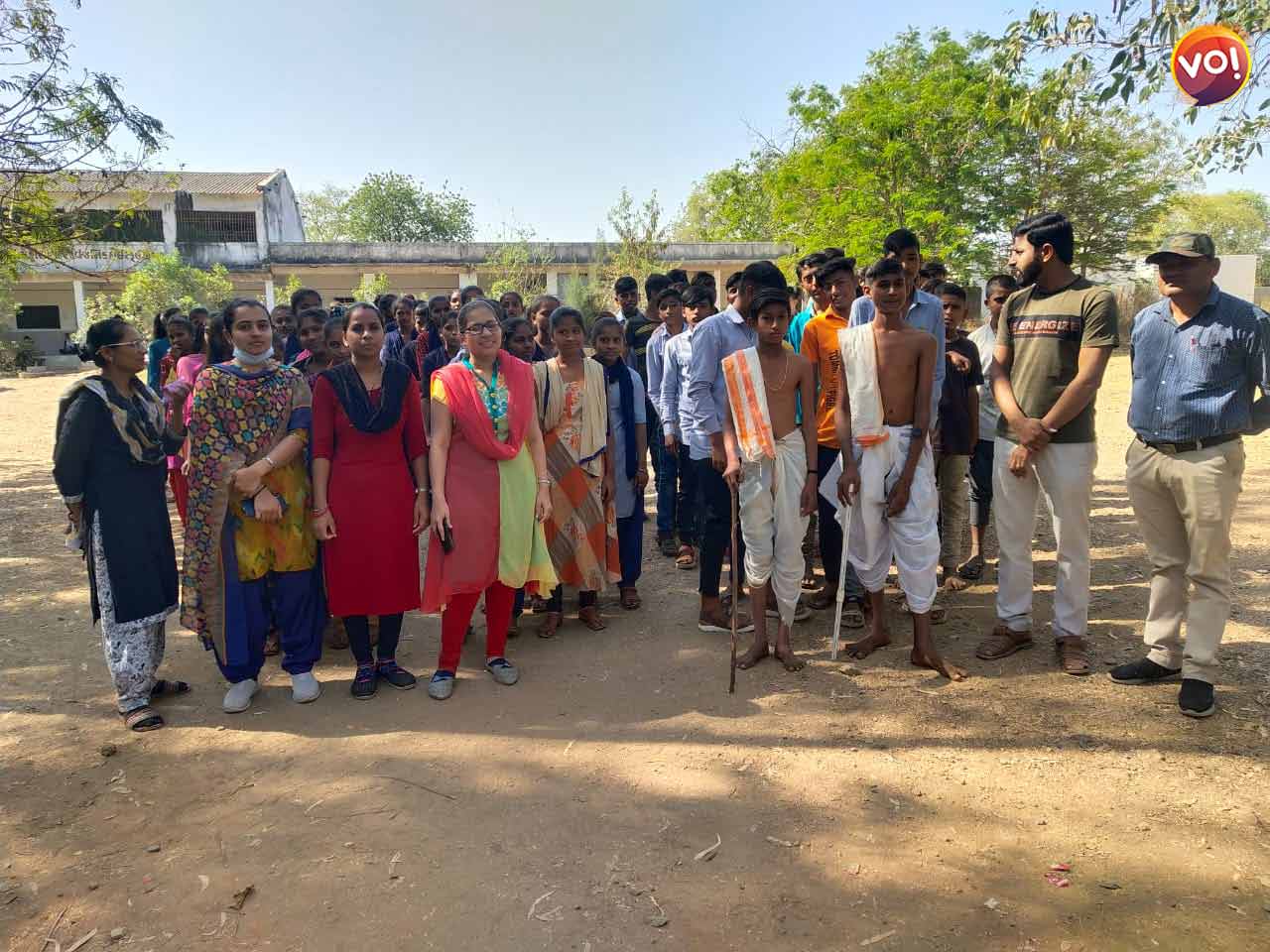
The village was adopted under the Pradhan Mantri Adarsh Gram Yojana (PMAGY), a Government of India initiative for the empowerment of deprived sections. The scheme was launched in March 2010 on a pilot basis for the integrated development of 1000 villages each with more than 50% SC population. Dhinkwa was adopted as Sansad Adarsh gram in 2014 by MP Loksabha of Chhota Udepur Ramsinh Rathva
Teachers, police personnel and voluntary organizations came together to unleash a crusade against liquor consumption. “One of the ploys used was to instruct children to talk to their father about leaving behind a helpless family because of a bad habit. That seemed to have worked in some cases,” shared teacher Jignesh Patel, Dhinkwa High School.
Teachers like Patel often sat down to identify clusters most prone to the menace. “Then, we would pick out children coming from these homes on a priority basis and explain how emotions work where reason fails. We also held rallies to increase social awareness. Earlier, anyone who passed high school became a bootlegger and was selling English liquor due to lack of jobs. Hence, creating jobs was the biggest change’” he added.
Patel shared the instance of a class 12 pass-out who took to drinking “because he was depressed about no jobs available. However, when mentored and talked to, he took up masonry and is managing a hand-to-mouth existence,” added Patel.
Echoing the same story, deputy SP Harpal Singh Rathod (Halol division) shared that Dhinkwa stands out as an example of when forces join hands for a positive change. “We have also booked police officers under prohibition. Social awareness drives were undertaken on a regular basis,” he elaborated on the strategies used.
Read More: Gujarat Hooch Tragedy: Devastating Ground Reality Of Dry State


